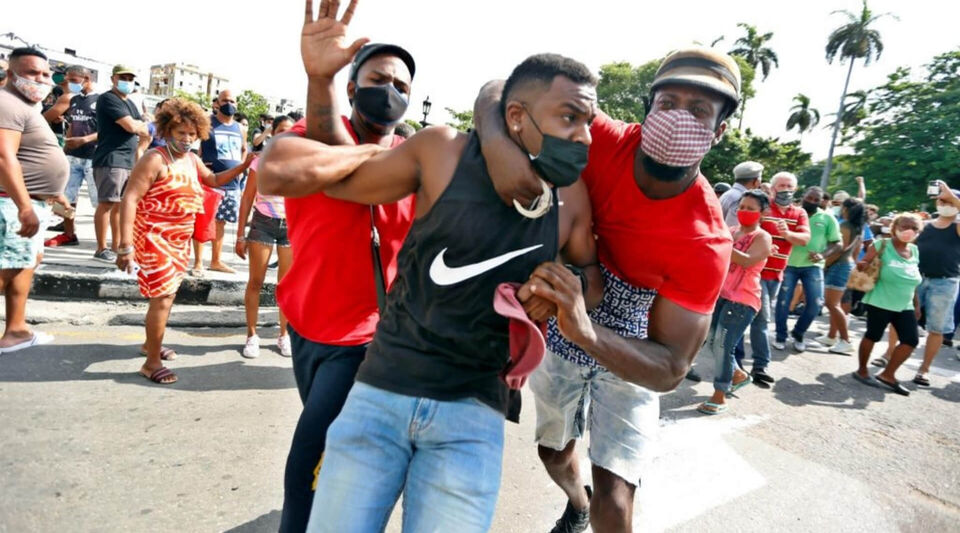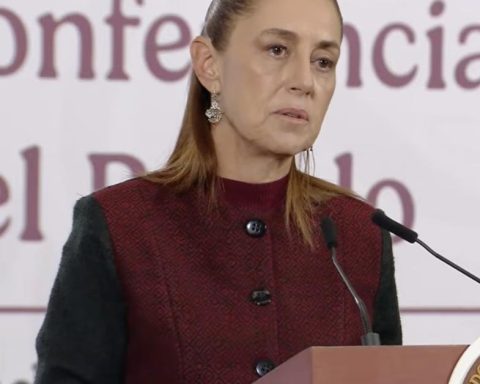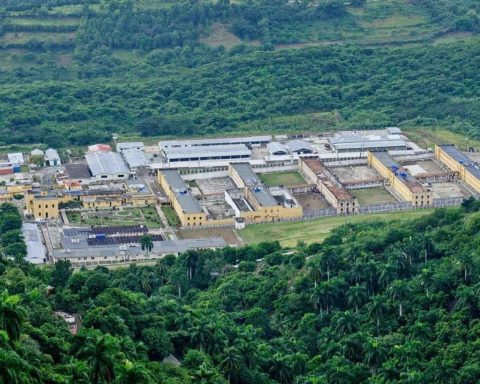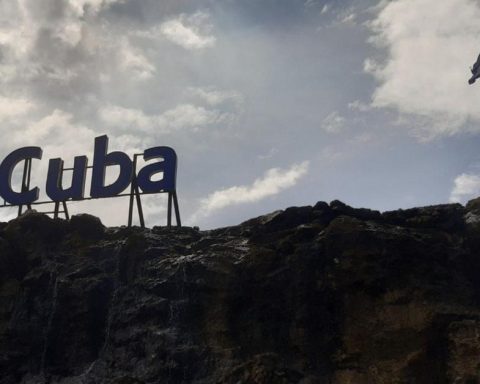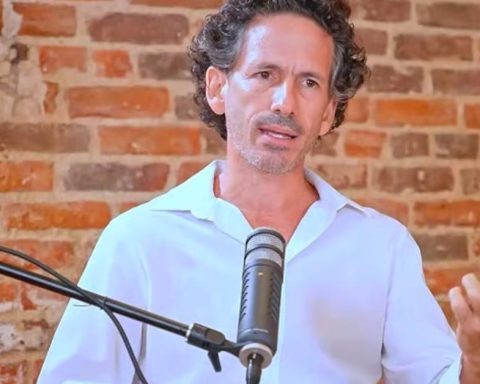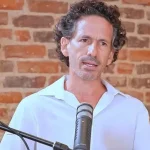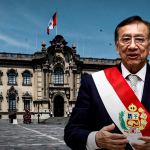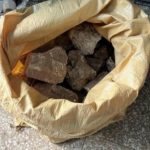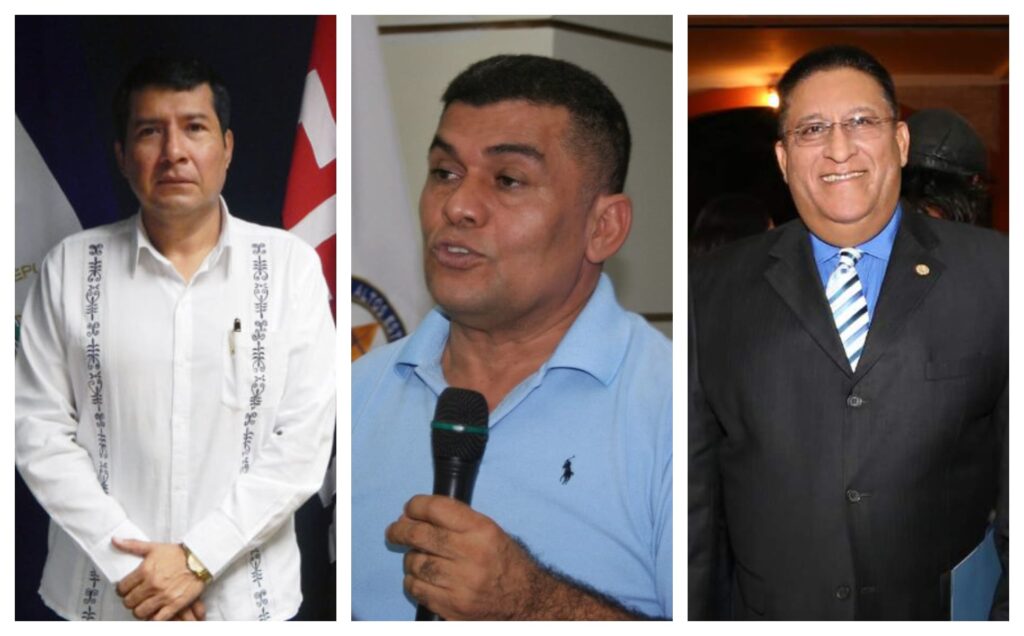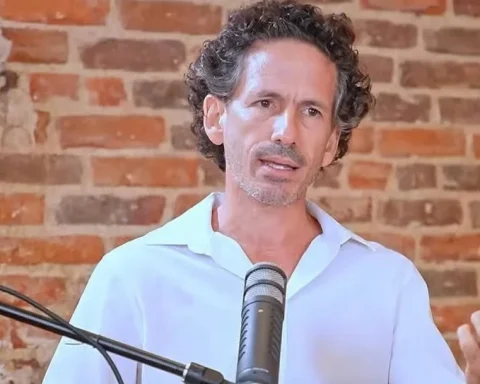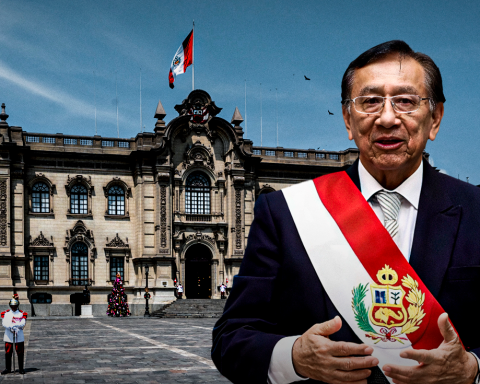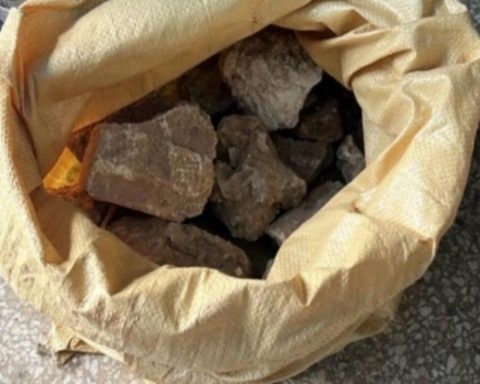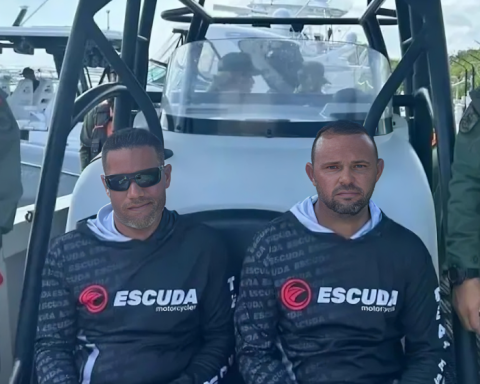The use of torture is systematic in political prisoners in Cuba. This is what emerges from a report by Prisoners Defenders (PD) that the Madrid-based organization will present to the UN next month.
The research, carried out on a sample of 101 political prisoners, allows the results to be extrapolated, assures PD, to the total of 1,167 prisoners registered by the NGO, due to the methodology used, which combines questionnaires of closed questions with other open ones and in-depth interviews. .
“Of the 101 complaints, 87 have been collected randomly, without indication of the purpose we had in collecting them and on a large and random sample of family members and defendants,” explains PD in its report. “Given that the sample is extraordinarily significant with respect to the 1,169 verified prisoners of the last 12 months (7.5%), we have also extrapolated the results of the incidence of each type of torture to the total number of verified political prisoners.”
“Given that the sample is extraordinarily significant with respect to the 1,169 verified prisoners of the last 12 months (7.5%), we have also extrapolated the results of the incidence”
For example, the organization details, they did not go to the specific cases in which they were already aware of the torture, but “they were invited through networks, forums and groups to fill out a form on cases of political imprisonment, without starting the form could see the questions to be answered or know the topic precisely”.
Later, they refer, the cases were “verified, verified and complemented with other sources”, and in the same way “the identity of the declarants” was verified.
Thus, PD documents “at least 15 patterns of mistreatment and torture” among prisoners: deprivation of medical care, forced labor outside of their criminal sentence, obligation to maintain uncomfortable or harmful postures, punishment solitary confinement, use of temperature as a mechanism of torture, physical aggression, transfer to unknown locations, intentional disorientation, deprivation of water or food, sleep and communication with lawyers and relatives, threats to their integrity and that of their loved ones, deployment of weapons or elements of torture, intentional subjection to anguish and uncertainty due to the situation of a family member and humiliation, degradation and verbal abuse.
The list of prisoners who have suffered the greatest amount of mistreatment among the cases analyzed is headed by one of the incarcerated children under 18, Jonathan Torres Farrat, whose mother, Barbara Farrat Guillenalso lives harassed by the State Security for denouncing the situation that her son is experiencing.
The teenager, for whom the Prosecutor’s Office requested 8 years in prison for demonstrating on July 11, is hypertensive, according to the report, “and must regularly medicate himself with enalapril”, a drug that he has not taken since August 13 “following orders of State Security”. In addition, he was once handcuffed to a fence, with his feet dangling, “in a cold room and subsequently beaten.”
Torres has suffered, according to PD documents, the 15 types of torture described, as has Iván Hernández Troya, 26 years old. Behind them are Diosdeny Santana Madera (37 years old), Juan Enrique Pérez Sánchez (41 years old), Lázaro Yuri Valle Roca (60 years old), Lizandra Góngora Espinosa (36 years old), Alayn Toledano Valiente (49 years old), Andy Dunier García Lorenzo (24 years old), Dixán Gainza Moré (36 years old) and Joseph Daniel Ferrer (51 years old), leader of the Patriotic Union of Cuba (Unpacu).
Ferrer, says Prisoners Defenders, is “the victim with the greatest intensity of torture”, receiving “constant sonic attacks for 260 days, to which is now added unknown chemical poisoning”
Ferrer, says Prisoners Defenders, is “the victim with the greatest intensity of torture”, receiving “constant sonic attacks for 260 days, to which is now added an unknown chemical poisoning, and that he is locked up all that time in isolation, and in a technologically prepared punishment cell for these tortures”.
The NGO affirms that the “physical and psychomotor degradation” of the Unpacu leader, who was arrested on 11J before he could join the protests that day in Santiago de Cuba, is “gradual”, due to the torture he he is being subjected to is “destined to kill him slowly”.
Of the 101 victims of abuse studied, two others, in addition to Jonathan Torres, were minors at the time of arrest: Brandon David Becerra Curbelo, now 18, and Rowland Castillo Pérez, 17.
Calf, sentenced to 13 years in prison also for leaving on 11Jsuffers from hepatitis and spent three days in a punishment cell in the Prison for Young People of the West, in Havana, where he is, simply for singing fools fair, by Carlos Varela. In total, the young man suffered 8 types of torture.
Also on the list of those investigated are the brothers Jorge and Nadir Martín Perdomo, from San José de las Lajas, Mayabeque, sentenced, respectively, to eight and six years in prison for the crimes of attack, contempt and public disorder.
Also notable among the cases investigated is that of two activists: the writer Ángel Santiesteban Prats, 55, and the artist Luis Manuel Otero Alcántara, 34, leader of the San Isidro Movement (MSI).
The report recalls that Otero Alcántara was also arrested before joining the 11J demonstrations, and that his case was accredited by the United Nations Committee on Forced Disappearance on July 15, 2021.
The artist, imprisoned in the maximum security prison of Guanajay, in Havana, “was arrested and interned in a provisional prison regime without an arrest warrant, or criminal acts, or accusation, by precautionary measure of a prosecutor without the intervention of any judge. “, compiles the document, which continues: “Only a judge came to ratify on March 8, 2022, more than 8 months after it was decreed, his provisional detention by a prosecutor autonomously, violating international law.”
The young man suffered five types of torture in prison. “Such ill-treatment and humiliation are centered on his identity and sexual orientation”
PD mentions that eight months after his arrest, on March 8, his relatives received the order to open the oral trial, which indicates that the artist is accused, along with Maykel Castillo osorbFélix Roque Delgado, Juslid Justiz Lazo and Reina Sierra Duvergel, of outrage against the symbols of the country, contempt, defamation of institutions and organizations and of heroes and martyrs, attack, resistance and public disorder, because of something that happened on April 4 last year. “A whole range of arbitrary and illegal crimes in the international context that the regime uses to squander in prison those who are a voice heard in the field of human rights,” adds the organization.
Another case documented in the report is that of John of the Cross, who broadcast the 11J protests in San Antonio de los Baños on social networks, spreading to dozens of places throughout the island, and was sentenced to six years in prison. The young man suffered in prison five types of torture. “Such ill-treatment and humiliation are focused on his identity and sexual orientation,” says PD, “using homophobic offenses against him or allowing others to offend his honor”: on the day of the trial, they humiliated him by forcing him to appear “in a pink in contrast to the rest of the defendants, who were dressed in grey”.
100% of the political prisoners documented by PD agree on something, not just the 101 analyzed for torture: “they have been deprived of their liberty since their arrest and for many months by a provisional prison order issued by a prosecutor without the intervention of a judge “, which constitutes “arbitrary detention, violating all international law”, as the UN Working Group on Arbitrary Detention decreed on the case of Maykel Castillo.
The extrapolation to which the NGO submits its data from 87 “spontaneous” and “random” cases analyzed out of a total of 1,167 political prisoners, yields the following figures:
- Systematically deprived of medical care: 637 prisoners
- Submitted to forced labor outside of their criminal sentence: 570
- Subjected to uncomfortable or harmful postures: 504
- Confined in solitary confinement as punishment: 663
- Tortured through the use of temperature: 623
- Physically assaulted: 650
- Moved to unknown locations: 610
- Intentionally disoriented: 345
- Deprived of water or food: 411
- Intentionally sleep deprived: 597
- Deprived of communication with family, close friends or defense: 981
- Threatened in their integrity and that of their loved ones: 769
- Subjected to an exhibition of weapons or elements of torture: 385
- Intentionally subjected to anguish or uncertainty by a family member: 438
- Humiliated, degraded and verbally abused: 889
Hundreds of families, says Prisoners Defenders, “still have a panic about denouncing, and others do not even know that the treatment they receive falls within what is internationally clear mistreatment and torture”, as they assimilate it with “unpleasant situations” that are experienced in the prisions.
The NGO emphasizes that although Cuba signed the United Nations Convention against Torture in 1995, to date it has not reformed “its internal criminal legislation to sanction conduct related to this scourge.”
________________________
Collaborate with our work:
The team of 14ymedio is committed to doing serious journalism that reflects the reality of deep Cuba. Thank you for joining us on this long road. We invite you to continue supporting us, but this time becoming a member of our journal. Together we can continue transforming journalism in Cuba.
